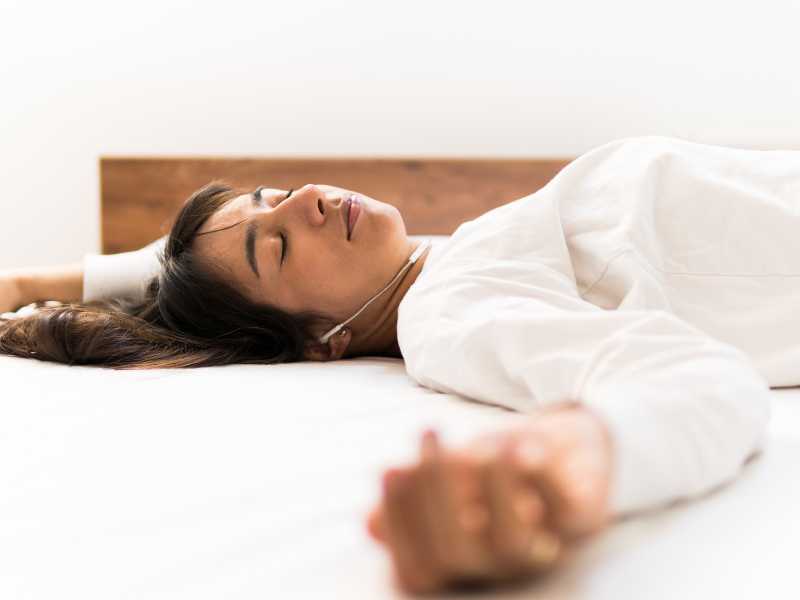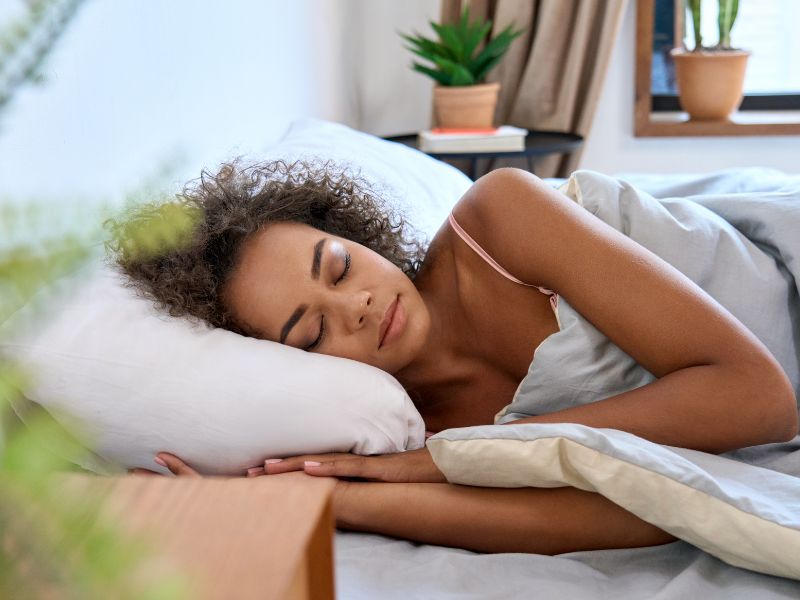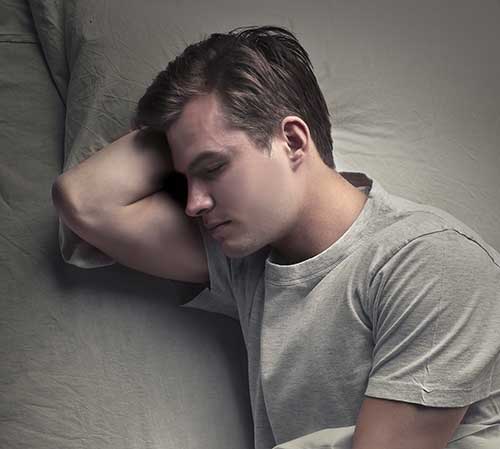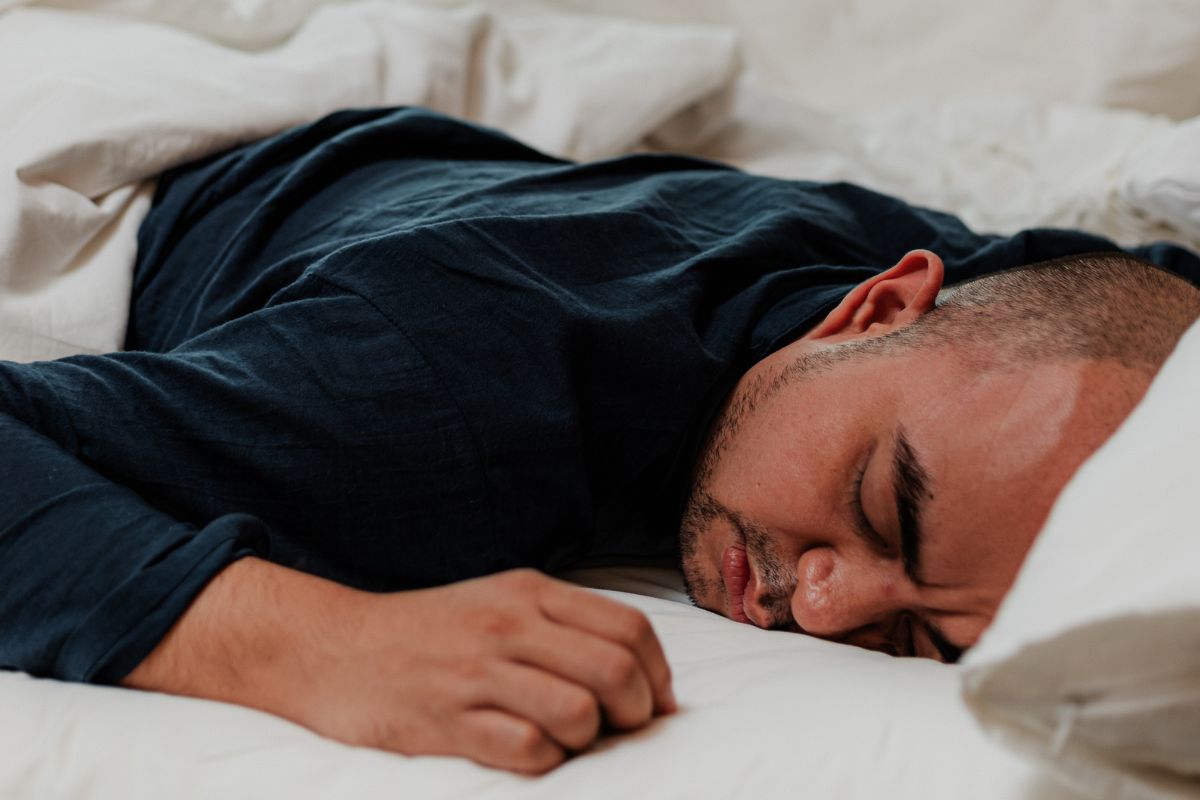Music for sleep is hardly a new notion.
Mothers have been soothing their babies to sleep with lullabies for generations and across all cultural boundaries.
Almost every culture has its own traditional melodies for sending children to dreamland. What many people don’t realize is that music can work just as well as a sleep aid for adults as it does for children, good news for the many people who suffer from sleep issues.
While it’s not clear exactly why music helps so much, what doctors do know is that it can help people with sleeping disorders by improving both the quality and quantity of sleep.

Using soothing music to help you fall asleep
That’s why using soothing music to help you fall asleep is considered an acceptable relaxation technique. Experts have found that listening to music can help you fall asleep faster, wake up less during the night, and feel more rested in the morning.
Beyond the soothing qualities of music on the mind, it can also have a positive effect on your physical health by lowering your heart rate and slowing your breathing, all of which creates a natural state of deep relaxation.
Music has also been shown to trigger feel-good chemicals in the brain that improve mood and add to the feeling of peaceful rest, which is probably what has led so many people to use music for sleep.
What kind of music improves sleep?
Of course not all music is created equal, and some forms are better suited for aiding in relaxation and improving sleep than others.
For the best results, experts suggest using songs with a slow rhythm of 60-80 bpm. Generally, “easy listening” style songs, as well as classical, jazz and folk music tend to work best. The idea is to choose something that will provide a slow, steady, rhythmic feeling that will lull you gently to sleep.

Find The Music For Sleep That Works Best For You
It can be easy to find just the right music for sleep so that you can get the most benefit. There are sites like songbpm.com that help you to figure out the exact beats per minute of any song. Or you can simply use a stopwatch to time your favorite piece and see if it falls within the ideal range for soothing you to sleep.
In order to get the most benefit from your music, it’s important to have the right environment. Make sure the lights are out and any other noise has been silenced. You may even want to spend a brief period of time working on deep breathing or other relaxation techniques in order to ease your mind and body into a relaxed state.
Once you’re actually prepared to go to sleep, you can then set your radio, mp3 player or iPod to play for a predetermined amount of time that will allow you to fall asleep easily and naturally. Most devices have “sleep” settings that allow you 30, 60 or 90 minutes of music for sleep before quietly turning themselves off so that you won’t be awakened by the clicking of an off switch.
If you’re having trouble falling asleep or staying asleep through the night you’re not alone, but that doesn’t mean you to have to continue to suffer. Getting a good night’s sleep can be as easy as turning on some music and letting it lull you into a peaceful slumber. So don’t leave the lullabies for the babies; put them to use yourself and get the healthy rest you need.








